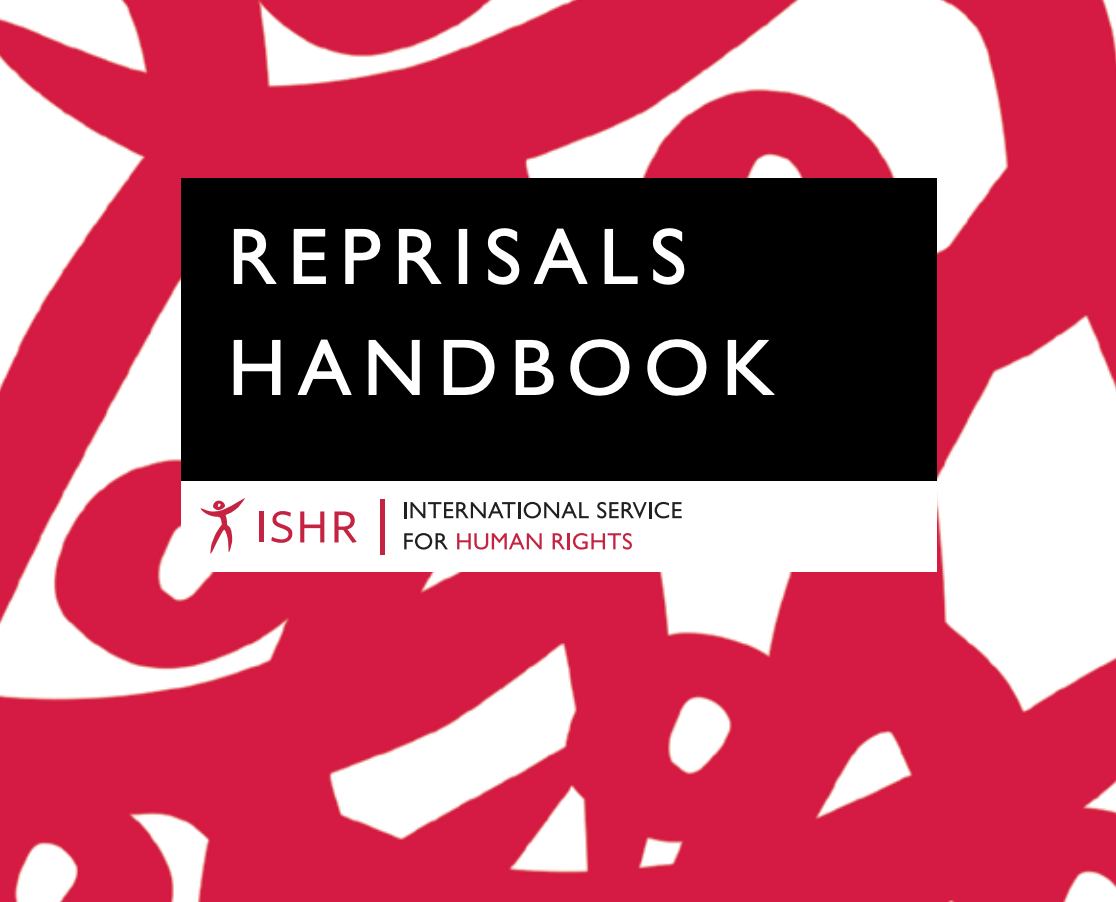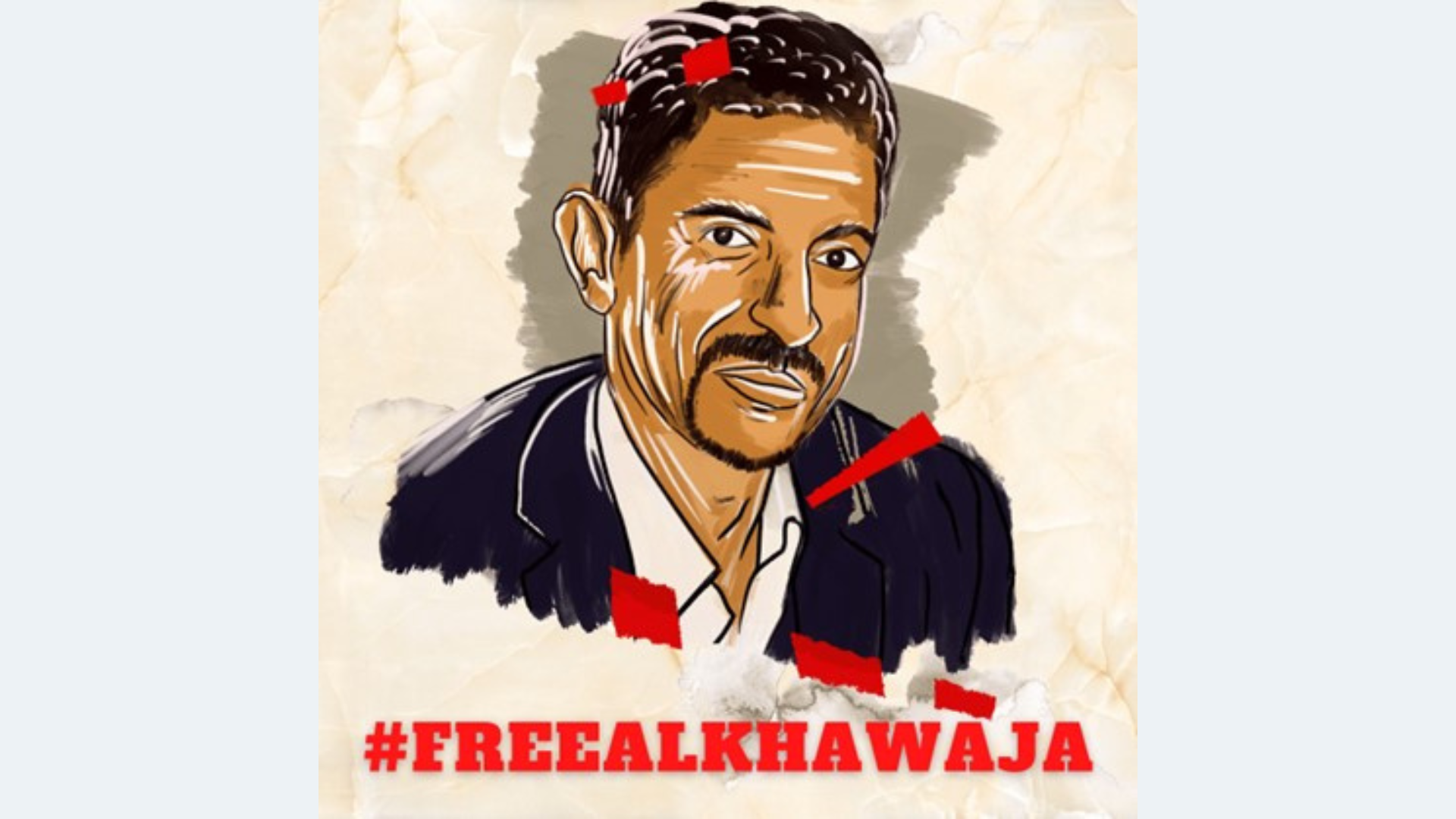(Geneva, 8 August 2013) – A new report by UN Secretary-General, Ban Ki-moon, has found that attacks and reprisals against people who cooperate with the UN to promote human rights, and to expose and ensure accountability for violations, remain widespread.
According to the report, such reprisals ‘take many forms, ranging from smear campaigns, threats, travel bans, harassment, fines, the closing of organisations, sexual violence, arbitrary arrests, prosecutions and lengthy prison sentences through to torture, ill-treatment and even death.’
The report documents cases of intimidation and reprisals in a wide range of countries including Bahrain, Iran, Morocco, Philippines, Russia, Saudi Arabia and Sri Lanka.
The report highlights that ‘States have the responsibility to respect human rights and to protect those who advocate for fundamental rights’ and that, when they fail to do so, ‘the United Nations has to stand up and speak out.’
Welcoming the Secretary-General’s report, the International Service for Human Rights called on both States and the United Nations to accept and implement its key recommendations, many of which have previously been made by ISHR.
‘As recommended by the Secretary-General, States should adopt national laws and policies to protect human rights defenders, prevent reprisals and ensure accountability for attacks,’ said ISHR Director Phil Lynch.
‘Where attacks or reprisals occur, cases should be rigorously investigated and the perpetrators prosecuted and held to account.’
ISHR also welcomed the Secretary-General’s acknowledgement that the UN itself should do more to address reprisals, including through the appointment of a high-level focal point to investigate and respond to allegations of intimidation and reprisal against those who cooperate with the UN.
The UN’s Human Rights Council – the world’s peak multilateral human rights body – is due to consider the issue of reprisals at its next session in Geneva.
‘Come September, the Human Rights Council should not only condemn reprisals but take concrete action to address them. It should call on States to adopt specific laws and policies and resolve that the UN itself mandate and resource a high-level official to combat reprisals,’ Mr Lynch said.
Mr Lynch also welcomed the Secretary-General’s acknowledgement of the ‘tireless and dedicated work’ of non-governmental organisations in working to promote human rights and prevent reprisals.
‘ISHR stands in solidarity with all those human rights defenders who work to promote and protect human rights worldwide, often at great personal risk. We are all beneficiaries of their courageous work,’ he said.
Further information:
- The Secretary-General’s report is available here.
- An ISHR handbook on reprisals, highlighted by the Secretary-General as an ‘important new tool’, is available here.




